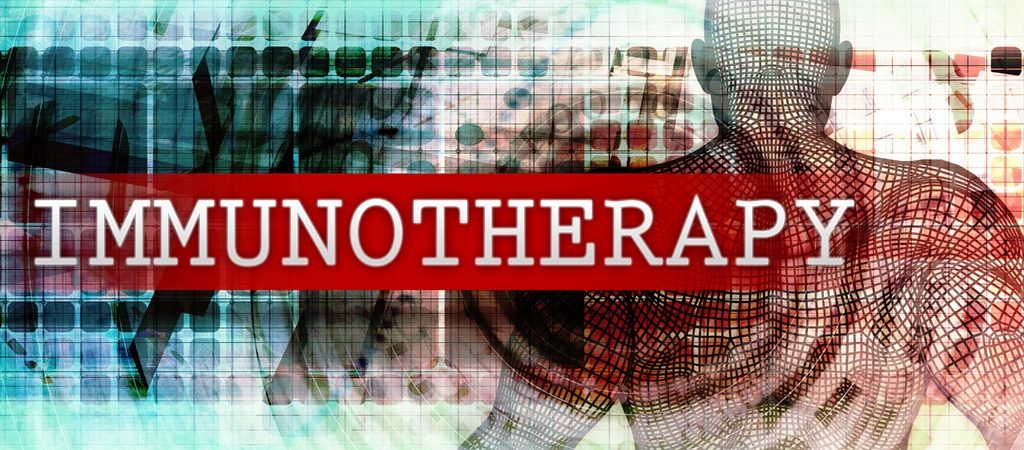 A new major study has revealed that supercharging the mutation rate in cancer cells could create a “powerful vaccine” that is able to boost the effectiveness of immunotherapy.
A new major study has revealed that supercharging the mutation rate in cancer cells could create a “powerful vaccine” that is able to boost the effectiveness of immunotherapy.
The international study – carried out by scientists at The Institute of Cancer Research, London, the Mayo Clinic in Rochester, US, and the University of Leeds – forced cancer cells in the lab to evolve much more rapidly than usual using a molecule called APOBEC3B, which is often used by tumours to drive rapid genetic change and drug resistance.
It found that the highly mutated cancer cells could be used to create a vaccine for each individual cancer type, which amplified the effects of immunotherapy – and cured mice with a variety of otherwise treatment-resistant tumours.
The findings, which were published in Nature Communications journal, are the first to show that APOBEC3B’s role in driving cancer evolution can be used to create vaccines that can boost the immune response.
As a result of the promising outcome, researchers are saying the next step is further preclinical research to translate these findings further into human cell systems, aiming to take the vaccine technique into the clinic as early as next year – starting with a trial in children with brain tumours.
“We have supercharged genetic changes in cancer in order to create cancer vaccines, which are tailored to the genetic code of these tumours, and can boost the immune response against them”, explained study author Alan Melcher, professor of Translational Immunotherapy at The Institute of Cancer Research.
He continued, “By combining our vaccines with checkpoint inhibitor chemotherapy, we’ve shown in mice that it’s possible to cure tumours in a variety of locations, including the brain. Our new approach has the potential to be effective against cancers that do not currently respond to treatment, and we’re keen to take it into clinical trials as soon as possible.”
The ICR – a charity and research institute – is currently creating a new £75 million Centre for Cancer Drug Discovery to study molecules like APOBEC3B, with the aim of creating new cancer treatments that can overcome the major challenge of cancer evolution and drug resistance.
Source: PharmaTimes online

















